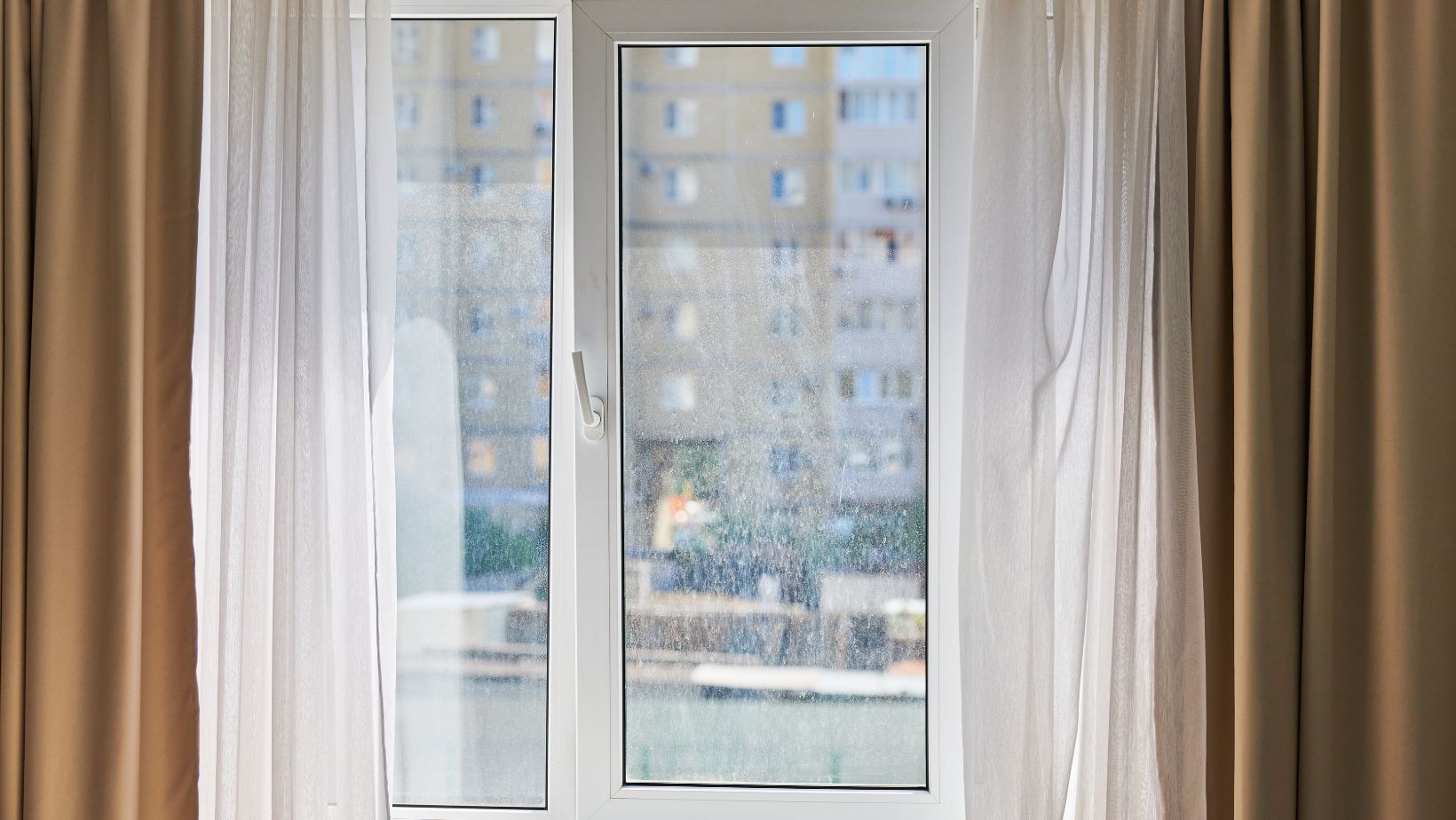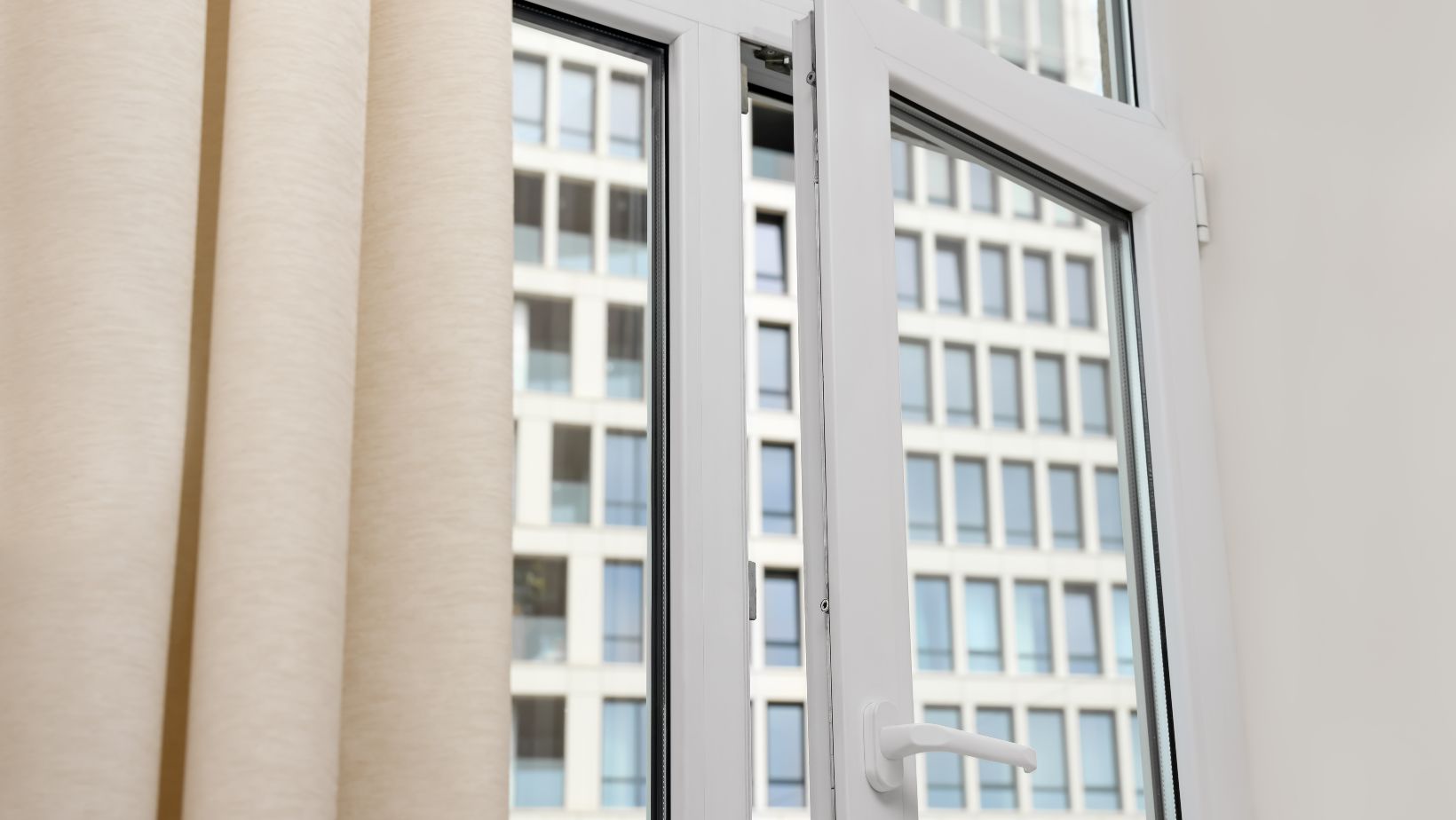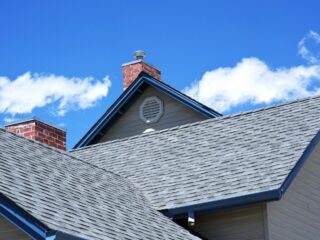
When it comes to choosing the right door for your home, you’re faced with a myriad of options. Two popular choices are composite and uPVC doors. Both have unique advantages, and understanding the distinctions can help you make an informed decision.
With this specialist guide, we’ll walk you through the key differences between composite and uPVC doors, allowing you to weigh the pros and cons and ultimately select the best fit for your home.
Composite vs uPVC: Material Composition
Composite Doors
Composite doors are constructed using a combination of materials, including wood, uPVC, glass-reinforced plastic (GRP), and insulating foam core. This combination of materials results in a door that boasts impressive durability and thermal efficiency, taking all of the beneficial features from these materials.
The outer layer of GRP provides a tough, weather-resistant surface, while the inner core offers excellent insulation, keeping your home warm in the winter and cool in the summer.
Some composite doors come with a solid timber core instead of insulating foam, which prioritises strength and endurance compared to its more energy-efficient counterpart.
You should look into the materials used by certain composite door installers beforehand so you are aware of their composition. For instance, UK Composite Doors offer both timber and foam-filled cores, meaning it is up to customer preference which one they choose.
uPVC Doors
uPVC doors, on the other hand, are made primarily of unplasticised polyvinyl chloride, a sturdy and low-maintenance material. These doors are known for their affordability and resistance to moisture, making them an excellent choice for areas prone to dampness.
While they may not have the same level of insulation as composite doors, uPVC doors are still energy-efficient and offer good thermal performance.
Durability And Longevity
Composite Doors
Composite doors are renowned for their exceptional durability. The combination of materials makes them resistant to warping, cracking, and fading, even in the harshest weather conditions.
A composite door is resistant to warping and misshaping, meaning that your door won’t lose its energy efficiency over time, maintaining its ability to retain heat and keep draughts out.
Once you have a new composite door installed in your house, you can expect it to last over 30-35 years, making it an extremely worthwhile addition to your home. This longevity means that once you invest in a composite door, you can expect it to remain in top-notch condition for many years with exceedingly low maintenance.
uPVC Doors
uPVC doors are no slouch in the durability department either. They are resistant to moisture, which means they won’t rot or deteriorate too much over time. Additionally, uPVC doors require minimal maintenance, as they don’t need to be painted or treated to maintain their appearance.
The average lifespan of a uPVC door is 20-25 years, but it can often last longer if well-maintained and not exposed to harsh weather conditions.
Style And Aesthetic Appeal
Composite Doors
One of the standout features of composite doors is their versatility in design. They can be tailored to mimic the look of traditional wooden doors, giving you that classic aesthetic without compromising on modern benefits.
With a wide range of colours, finishes, and styles available, composite doors offer a high level of customisation to suit your home’s unique character.
On top of this, there are also tons of additional features that can be added to your composite door, like door bars and letterboxes. Whether these are for practical or stylistic use, you can make sure your doors are your ideal choice.
uPVC Doors
While uPVC doors may not offer the same level of customisation as composite doors, they still come in a variety of styles and finishes to complement your home’s exterior.

Their clean and sleek appearance can lend a modern touch to your property, enhancing its curb appeal.
uPVC doors can also have optional extras added to them, such as spy holes and door knockers, allowing you to personalise your new door fully.
Security Features
Composite Doors
Composite doors are known for their robust security features, with a combination of materials and multi-point locking systems, making them highly resistant to forced entry. This provides you with peace of mind, knowing that your home is well-protected.
On top of this, any composite door with a solid timber core would give an even higher level of protection to your home, as the door will be even more difficult to damage or break through than it already is.
uPVC Doors
uPVC doors also come with secure locking mechanisms, offering a level of protection for your home. While they may not be as impenetrable as composite doors, they still provide a reliable safeguard against potential intruders.
Energy Efficiency
Composite Doors
The way composite doors are designed means they have extremely high standards of energy efficiency, which will have many long-term benefits for you and your home. An insulating foam core will provide an airtight layer of material within the door, making sure to keep the warm air in and the cold air out.
When you get a front door with excellent insulation and energy efficiency, you won’t have to use as much heating, even during the winter months. This means you will be able to save money on your energy bills throughout the lifespan of your door.
uPVC Doors
uPVC doors also have a high level of energy and thermal efficiency, allowing you to save money on your energy bills as well. However, since uPVC doors are more prone to warping and expanding, this can affect their efficiency.
A uPVC door that is misshapen will mean less heat will be retained in your property, which would cause your energy bills to increase if you were to try and make up for this heat loss.
Cost
Composite Doors
The initial cost of composite doors is usually between £800 and £1750, depending on whether a fitter installs them and if there are any additional door features. This cost is more expensive than your average uPVC door, mainly because of the different materials used and the labour required to make them.
However, the long-term savings that composite doors can give you with your energy bills and the low maintenance could mean that they are actually the most cost-effective option in the long run.
uPVC Doors
The cost of a uPVC is lower than that of a composite door, usually averaging around £350-£850. However, a uPVC door may end up costing you more than this over the year that you have it, as it may lose thermal and energy efficiency if it expands and contracts in changing temperatures and humidity.
If this were to happen, you might need to pay for your uPVC door to be repaired or even replaced, further adding to the cost of uPVC doors.
uPVC vs Composite Doors – Which is Right For You?
Choosing between a composite and a uPVC door ultimately depends on your specific needs and preferences. Consider the following factors:
- Budget: uPVC doors tend to be more budget-friendly, making them an attractive option for cost-conscious homeowners.
- Aesthetic Preference: Decide whether you lean towards the classic, wood-like appearance of composite doors or the sleek, modern look of uPVC.
- Climate: If you live in an area with harsh weather conditions, a composite door may be the more resilient choice.
- Security Concerns: Assess the level of security you require for your home and choose accordingly.
Composite Doors vs uPVC – Final Thoughts
In conclusion, both composite and uPVC doors have their own set of advantages.

By evaluating your priorities and considering the factors mentioned above, you can make an informed decision that not only enhances the visual appeal of your home but also provides security and durability for years to come.





